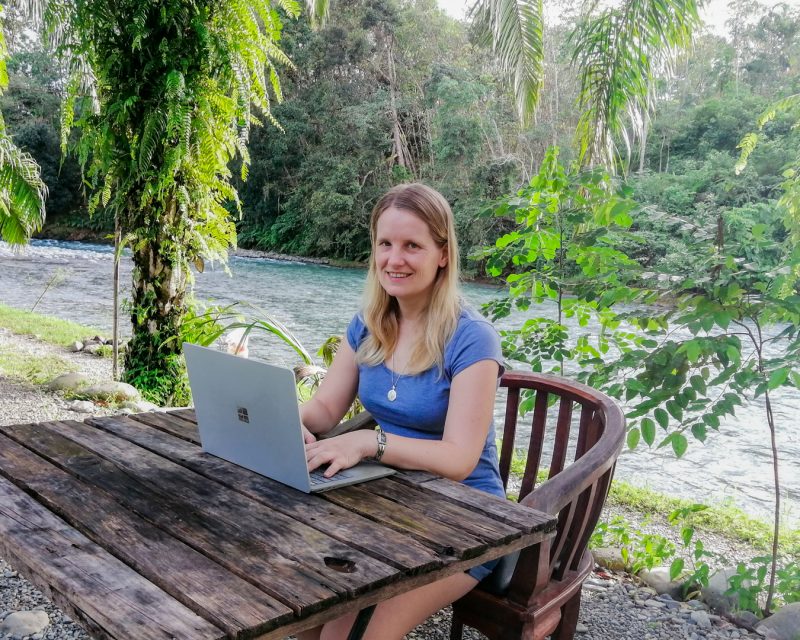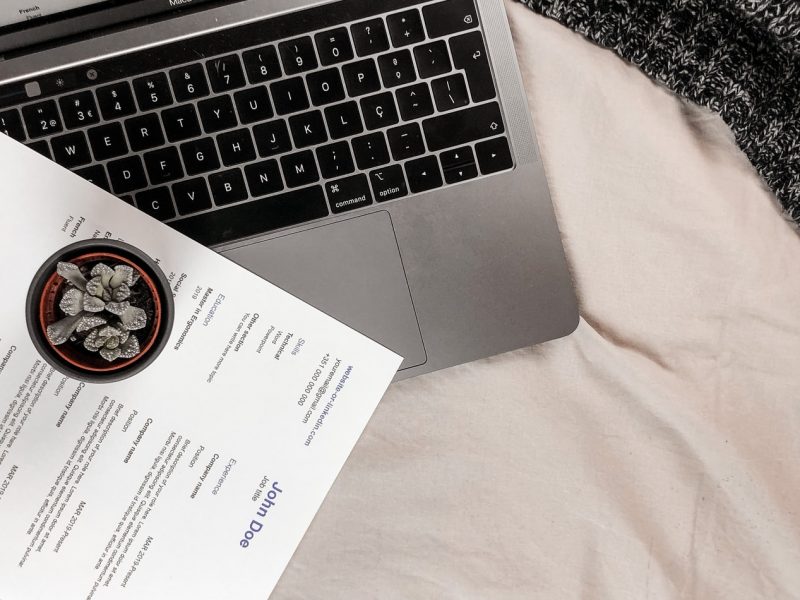What is it?
The copyright-based fiscal optimisation (the “CCDA”) is a tax system where some of your income is not considered as “professional income” but as “income from movable property”.
Instead of earning 100% of income, the system introduces a split between:
- What you earn for your service and
- What you earn as a price for the use of your intellectual property.
What kind of profession can be eligible?
IT developers, coders, and other IT professionals have a very good profile for this scheme. In a broader sense, most profiles creating innovative content (whether it is a document, a translation, a pricing model, a piece of art, a piece of code, …) are potentially eligible.
Is it for me?
Yes! At least if 2 conditions are met:
- You earn enough on a yearly basis.
- Part of what you do is covered by copyright protection (“droits d’auteur” or “auteursrecht”).
High creativity with a low salary can work as well as a high salary with much less copyright. But in general, the more you pay taxes and the more you create, the more powerful will the optimisation be.
If you are a freelancer, the average gain is an extra 7.000€ to 14.000€ net cash. If you are an employee, as an average, this will be an extra 3.000€ to 5.000€ net cash.
How do you get to this result?
When you are a freelancer, not only does it decrease your tax rate, but the amount earned as copyright royalties exits the social security fees calculation basis. When you are an employee, this results from a decreased tax rate on your revenue.
Initially, as soon as your revenues exceed 38.000€, you pay 50% taxes. Then you pay social security fees.
After the implementation of the CCDA, you pay a tax rate of 7.5% on the first 15.000€ of royalties, which is much less.
Look at the 2 examples hereunder:
FIRST CASE: Royalties amount for the year 2019 at 10.000€:

SECOND CASE: Royalties amount for the year 2019 at 50.000€:

Is it risky?
No, provided that you set up your CCDA properly.
This means that:
- You do have a proper CCDA contract
- The CCDA content describes faithfully what you do that is subject to IP rights
- The fiscal valuation methodology is sound, tailor-made, and rigorous.
Are there “sub-optimal” CCDA options available on the market?
Yes, there are many bad, dangerous, or at least sub-optimal ways to set up the regime.
- First: copying a CCDA from someone else. The result will not be tailor-made and will create a risk of the tax penalty.
- Second: get a CCDA from a non-qualified professional. The service requires the expertise of experienced intellectual property and fiscal lawyers. A non-qualified person is not able to perform the valuation correctly and hence to defend you in case of tax authority control.
Is a “ruling” based CCDA a good option?
It depends.
The ruling is an “anticipated decision” made by the tax authority. A CCDA project is submitted to the tax administration who declares it valid or not. If it is validated, then, the risk of tax correction and penalty in case of control is almost non-existent.
There are 3 main disadvantages coming with the ruling:
- Takes time to complete, 3-6 months in general;
- Cost much higher lawyer fees;
- Erodes the fiscal gain you can get from the CCDA.
This last point is very important to understand. The tax administration will “sell the legal security” offered by the ruling against something. This is a decreased CCDA system profitability.
There are 3 situations where a ruling should be used:
- If a company uses CCDA for its ‘employees’, then, from a certain number of CCDA in the same entity, it is advisable to use the ruling because of the scale of a potential tax correction risk.
- If a freelancer wants enhanced security, he/she may decide to ask a ruling to the administration. In this case, the ruling, as explained here above, will offer some security against a decreased profitability.
- If a freelancer wants to avoid paying the services of a lawyer, we see sometimes that he/she may decide to copy a “ruling based“ CCDA from another person. Not only does it create a tax correction risk (see above) but it also generates a lower CCDA profitability. This is one of the worst approaches one can adopt.
Are there many controls by the tax authority?
Yes. CCDA is one of the last options to optimize taxes in Belgium. It is also subject to many cases of abuse: the use of CCDA without intellectual property rights belonging to the worker, no/poor evaluation of rights, etc.
Rightfully, the tax administration makes controls to correct irregular situations. In general, a person using CCDA is often controlled within a 3-year time span. This is a specific control and if it is negative, it is generally not extended to the whole accountancy of the controlled taxpayer.
What should I do in case of control by the tax authority?
Tax control will always start with an information request in writing. You should never answer this request by yourself without proper lawyer advice. This is especially important because this answer might then be used against yourself during the control.
The best reaction would be to hire a lawyer, preferably the one who set up your CCDA, if he/she is a good one and ask him/her to answer to the administration.
If the answer is rock solid, based on a very reliable CCDA, the control will end very quickly most of the time.
What is the best way to use the system?
When you do not have a CCDA, your optimisation is 0.
If you wish to implement this system, then you have 3 options:
- Use the ruling: this is quite safe but costly and reduces system profitability;
- Let an unqualified professional or your inspiration guide you. This is of course definitely dangerous;
- Be smarter.
“Be smarter” means things:
- The ruling sets limits that are stricter than what law gives you. Thus, based on the work of experts, the best approach is to optimize beyond what the ruling would give you but to remain within the limits of the law. This enables you to increase the profitability of your CCDA but to remain within the boundaries that could reasonably be defended in case of tax control.
- Hire lawyers who pay attention to the implementation. The details are important and a proper set up together with your fiduciary is a key to peace-of-mind profitability.

Did you like it? We hope that the article was useful to you. Furthermore, it is important for us to be reachable and make sure that everything is understood so feel free to ask questions and if you want more information about this, please contact our partner Golegal
 Back to posts
Back to posts


